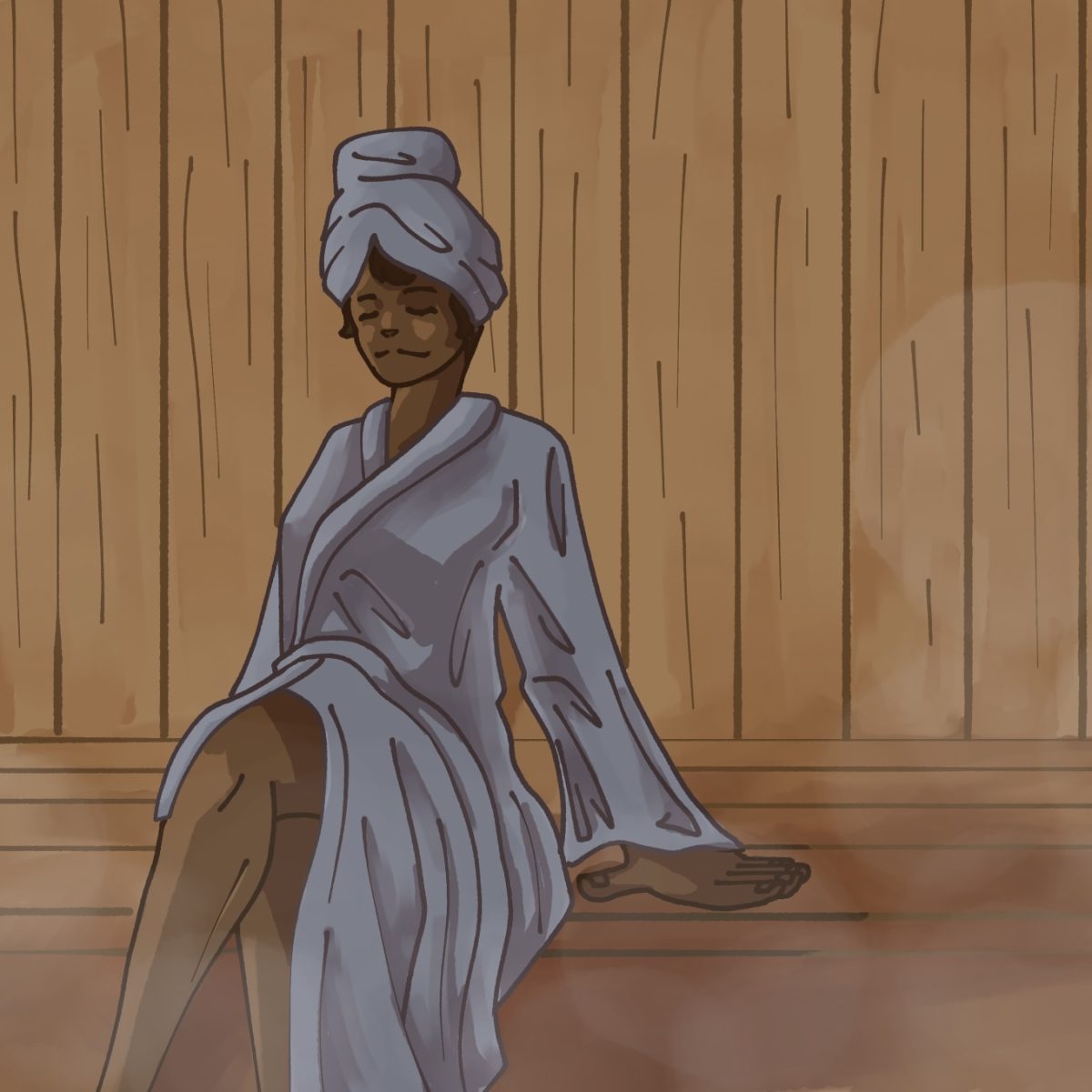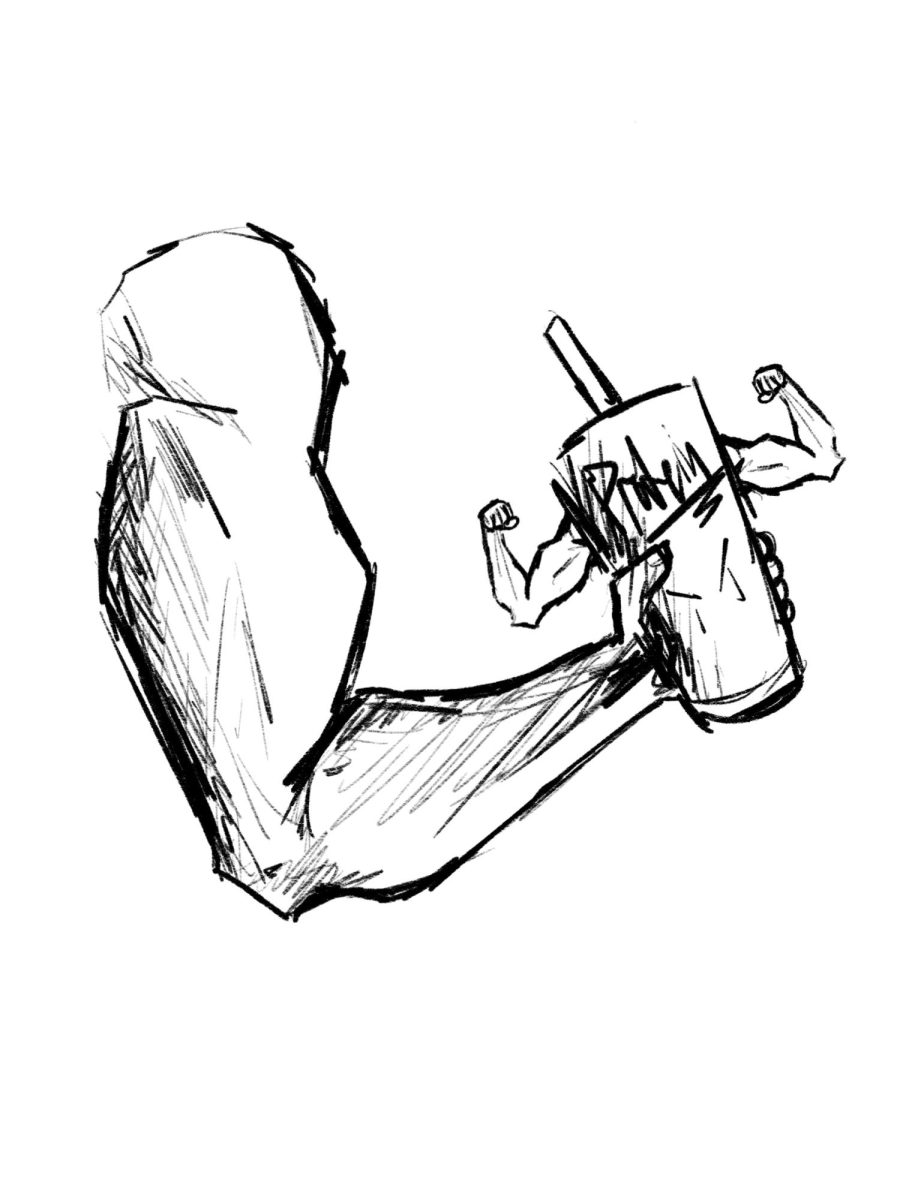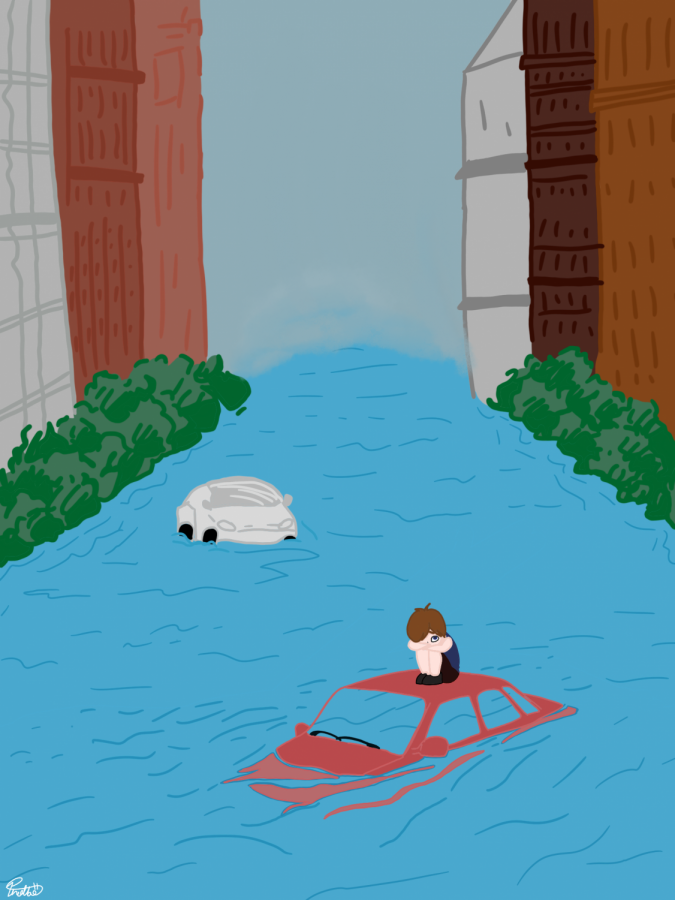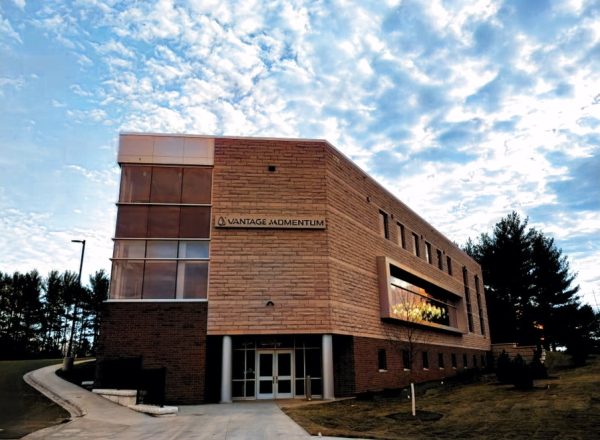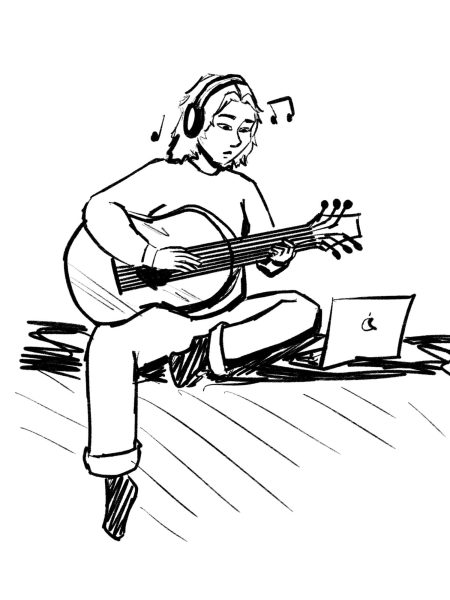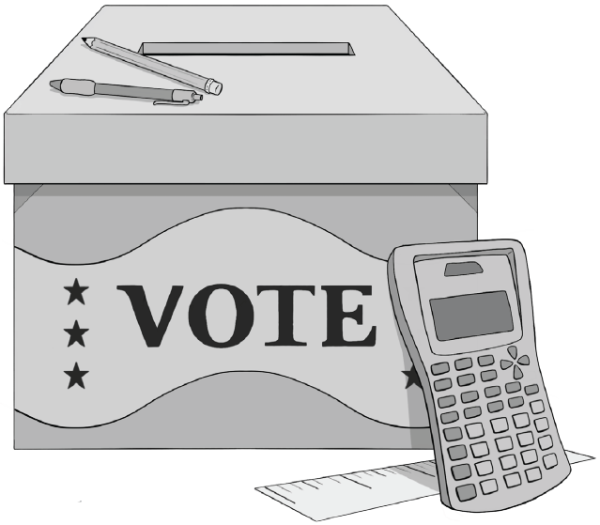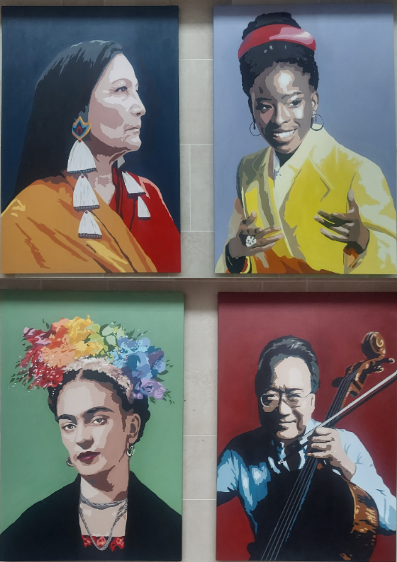Climate Hopelessness: How To Find Optimism In Our Worsening Climate
September 24, 2021
Climate disasters filled this summer. Across the world in Greece, Turkey and here in the United States, wildfires have ravaged the land. In the Twin Cities, we had the hottest summer on record accompanied by severe droughts. Hurricane Ida flooded New York, downed power lines in Louisiana and harmed many communities across the East Coast. Ida was the fifth hurricane to make landfall in the US this year, putting the nation ahead of scientists’ predicted hurricane schedule. The Intergovernmental Panel on Climate Change warns that by 2040, temperatures will increase by at least 1.5 degrees Celsius above levels from 1850-1900, and, before September 2050, the Arctic will have practically no ice. The ocean is on fire. Ice caps are melting. Rainforests are burning. Ecosystems are dying. People are dying. Our Earth is dying, and people feel absolutely powerless.
Each day, through the news, through social media, through friends and family, or even through the forecast, high schoolers are constantly reminded of the far-reaching, seemingly endless effects of climate change. Seeing the collapse of environments and communities due to climate change piling up on one another fills the younger generations with dread. It seems that not enough is being done to end or at least substantially curb these devastating effects, especially since, each year, the environmental devastation worsens. As mere high school students, it feels like all we can do is watch the Earth go down this climate death spiral. It’s easy to start feeling hopeless about our climate situation, which can bring about a depressive and anxiety-inducing mental state. Clearly, one person alone lacks the power and influence to end climate change, but one society that bands together could do something. Something big. And seeing as we are the ones who will live on this planet for generations to come, we need to do it soon.
So how can one escape such an overwhelming and miserable view concerning climate change and take action?
“I’m feeling like [climate change] is a topic that we’ve been able to avoid that we’ll be no longer able to avoid,” said IB Physics and Physical Science teacher, Joe Cossette. He admitted that regarding the climate, he currently feels “worried [and] nervous, but still weirdly hopeful and optimistic in some ways as well.”
When asked to expand on what makes him optimistic, Cossette, who has been following climate change for well over a decade, said, “The messaging [ten or fifteen years ago] was ‘it’s important but we have time,’ so people didn’t really do anything. And the messaging now is ‘we are seeing impacts now; this isn’t a future thing…[and] we need to start changing now.’ And with that messaging, I am seeing much more change that is happening. So, whereas before I was nervous if we would ever see change, now people see that it needs to happen…and are changing because of it.”
Amy Foster, ‘22, is a student representative of Legacy 2022, a club focused on bettering the environment. Foster also feels optimistic.
Echoing the idea that change needs to come, she said, “We can’t wait another twenty or thirty years.”
Cossette, when asked about how to escape climate hopelessness, said, “It’s hard because it is a global situation that any one person truly isn’t going to make a major impact on…and I can totally see how that can lead to a feeling of hopelessness, [but] if we all feel that way, then nobody changes.”
He recognized that the biggest changes have to happen at a global or governmental level, but he also said that “as an individual, you can learn about the dent you are making and change…accordingly.”
In other words, one has to actively make a change, even if it feels microscopic at a global scale, in order to help and feel optimistic.
When asked about what high schoolers can do now, Cossette said, “I think you can start with your own house….You can look to see how energy efficient appliances are and encourage those changes in your own local context. You can make changes to habits….So like carpooling when possible or biking when possible….[Changes] in behavior around the resources you already have are totally possible, and in doing so, building those habits can only benefit a planet as well.”
“Just doing the little things,” Foster said, offering another idea, “like using a reusable water bottle….They might not seem like they’re making a big impact, but if everyone does those couple of little things they will make a huge impact.”
It may be hard to recognize that change is coming if one is not partaking in that change. Therefore, instead of wallowing in the sorrow embedded in the climate section of the news, try avoiding using plastic bags, cleaning up some trash in Minnetonka’s local parks, signing petitions to protest against projects that worsen the environment (e.g. Line 3) and more. Once one’s home is more sustainable, one can make their community more sustainable, which can slowly cause a domino effect across the nation and across the world. Being part of the change also encourages more people to join the fight against climate change.
“While high schoolers today have limited power,” Cossette said, “you won’t for much longer. You are the future power-holders in a lot of ways. I think just educating yourselves and spreading awareness to others in your generation [is very important].”
Foster asserted that same idea.
“We want to make it the best possible future for ourselves because it’s going to be our future,” she said.
Therefore, why not start building some good climate habits that we can expand upon once we have more power as adults? Instead of letting the fear of climate doom take over, we can start fighting it now and encourage our peers to fight it too. Doing so will surely help us avoid true climate catastrophe. Let’s better our world together.


